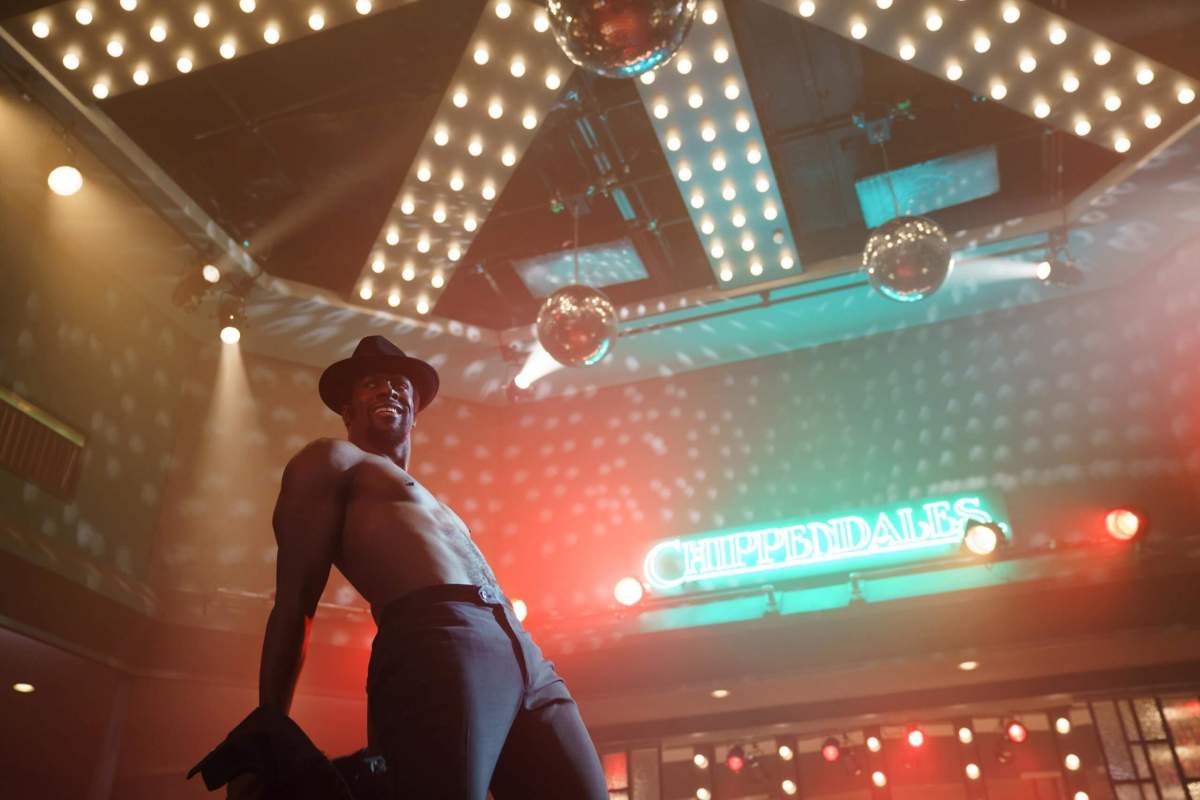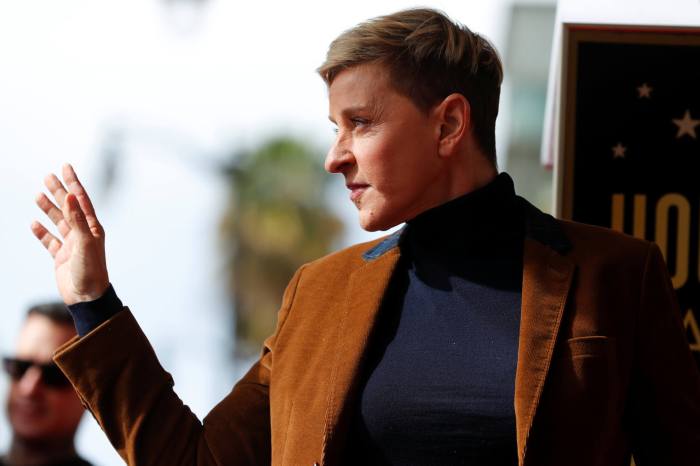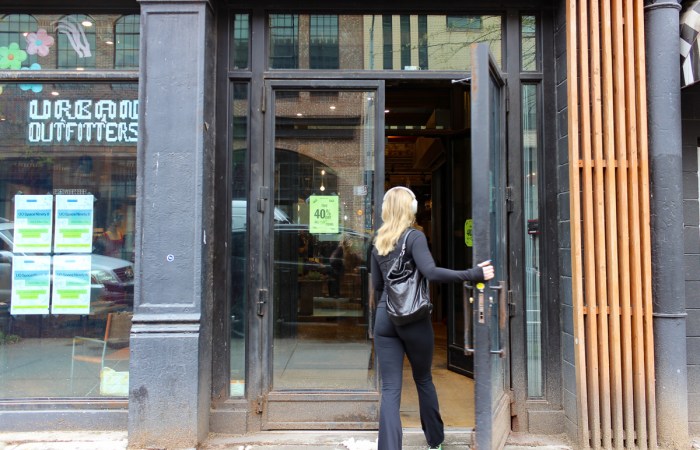“Welcome to Chippendales” is the juicy, entertaining true-crime story of how Somen “Steve” Banerjee opened and operated the world-famous male strip club for ladies — and how it all went south. This 8-episode limited series on HULU begins November 22 with the first two episodes,. New episodes will be dropping weekly through January 3.
The show recounts how Somen (Kumail Nanjiani) went from managing a gas station to renaming himself “Steve” and opening a nightclub in Los Angeles. Steve’s first venture is a backgammon club that failed to draw customers. However, after self-proclaimed club promoter Paul Snider (Dan Stevens) and his girlfriend Dorothy Stratten (Nicola Peltz Beckham) walk in, Steve asks for their help. Although various gimmicks from mudwrestling to an oyster-eating contest fail to lure customers, when the trio go out to a gay club, Steve gets the idea to turn the space into a male strip club for women.
Finding a bunch of guys willing to take their clothes off is not a big challenge, nor is finding women to pay to watch them. The club, renamed Chippendales — after the cabinet maker, to give it class — is a success. Things only improve when Nick De Noia (Murray Bartlett) turns up and suggests Steve should have a professional, choreographed show, not the crass spectacle that was taking place in the center of the club.
While it is fun to see how the show developed into the successful revue with some fabulous music and dance scenes, “Welcome to Chippendales” is also enjoyable because it captures the period detail and features fun cameos, including Peter Bogdanovich (Philip Shahbaz) and later Calvin Klein (Jason Bernardo), as the club starts to become a sensation.
Part of what makes the series so engaging is that it also traces Steve realizing his American Dream — albeit at the cost of others. Steve’s racism gets him sued, and his anger, insecurity, jealousy, and frustration at others copying “his idea” drives him to criminal activity.
The early episodes showcase the positive development of the club as Nick is hired full time to hire a crew of dancers and create inventive shows that will keep customers coming back. One of the new dancers is Otis (Quentin Plair), a Black man who wants to learn the business side of things after he is impressed by a promotional stunt Steve contrives. Steve also hires Irene (Annaleigh Ashford), an accountant who helps him add revenue through cost saving measures with ice and by opening the club to men after the performances. The scenes of Steve and Irene talking numbers as a form of foreplay are cute and their relationship — they eventually marry — is sweet (until it sours). She also provides a necessary voice of reason when Steve flies off the handle and admonishes him when he makes bold financial decisions without consulting her first.
In contrast, Nick is a gay man who experiences moments of loneliness and self-doubt. He eventually finds a partner in Bradford (Andrew Rannells), whom he meets in a bar in New York, and their relationship mixes business with pleasure. Nick also creates a fabulous “Hunkenstein” musical number that is used to open Chippendale’s New York outpost in one showstopping sequence.
Rounding out the team is Denise (Juliette Lewis), a costume designer who shows Nick her game-changing “Breakaway pants” to make it easier for the dancers to get naked. Speaking of which, the dance numbers do feature barely clad men in thongs thrusting their bare behinds with occasional snippets of the (straight) male dancers having sex with patrons of the club on stage and off. But “Welcome to Chippendales” is focused less on sex and more on power. The characters strategically one-up each other as the business gets more successful and various slights and betrayals unfold.
When Nick gets fed up with Steve stifling his creative ambitious, he delivers some irresistible ultimatums to his boss that gives him an edge. Likewise, when Irene hires handyman Ray Colon (Robin de Jesús), Steve is wary at first, but then Ray pledges loyalty to Steve, which leads him handling some illegal activities. Steve’s hubris and his micromanaging will be his downfall, and Nanjiani plays him as an uptight man-child. Steve can even be sympathetic at times, which counterbalances his control freak demeaner—but his ambitions and failures get the best of him.
How things play out will be no surprise to folks who know the true story, but “Welcome to Chippendales” presents this saga in a manner than does not sensationalize the drama. Despite the sex, drugs, and violence, the series is rather tame, which works in its favor. (All of the violence, even the tragic murder-suicide of Stratton and Snider, happens off-screen.)
Bartlett seems to be having a blast playing Nick, a man who is like Steve in that he does not feel appreciated for his contributions. A scene of Nick and Steve having a snowball fight is a perfect metaphor of how Nick teaches Steve how to do something only to have Steve call it off when he appears to be at a disadvantage.
“Welcome to Chippendales” recounts a success story gone wrong, but that, along with the handsome, half-naked men, is why it is so compelling. It may be especially enjoyable for viewers who don’t know the whole story.
“Welcome to Chippendales” | Available 0n HULU


































